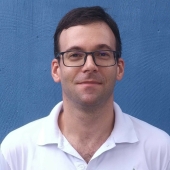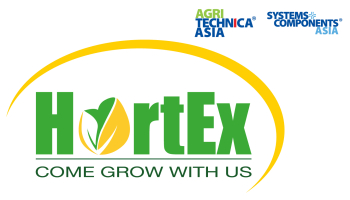


Binder seeding since 2012: What have we learnt?
Dr Philip Kerrison, Research Scientist, Hortimare & Greener Grazing, Vietnam
About the speaker:
Phil previously worked on the development of cultivation techniques for numerous European seaweeds in academia. He focused on substrate selection and the development of direct-seeding methods. An interest for industry-driven research on the lifecycle control of commerically value red species drew him to Hortimare, where he led work on the targeted mariculture of two species Palmaria palmata and Asparagopsis taxiformis. He is now on a >2 year placement in Vietnam to assist the Greener Grazing team on Asparagopsis taxiformis cultivation. Phil is dedicated to aiding the seaweed industry by running fast-paced research and working with amazing people!
Organisation:
Hortimare BV is the reliable, sustainable and long-term orientated supplier of high quality starting material for the seaweed industry globally. The long-term focus of Hortimare is to supply the right varieties of seaweed to build up a sustainable business that can compete with land-based agriculture.
Presentation:
The seaweed industry in Europe is continuing to mature, but there are significant developments needed to develop the business case for novel species, as well as consolidating existing species of interest. Direct seeding has been demonstrated in kelp as a more cost-effective solution than using twine, particularly when moving to larger-scale. Yet, its reliability and suitability for every species/cultivation environment has not been demonstrated. Hortimare have developed a standardised system to generate reliable data using a turnkey system composed of: seedlings, substrate, machine, test schematic, tracing, assessment, data analysis and recommendations. This system is currently being adapted for other seaweeds including Asparagopsis and Palmaria. This talk will discuss the developments in direct seeding and whether it can ever fully displace twine seeding.

